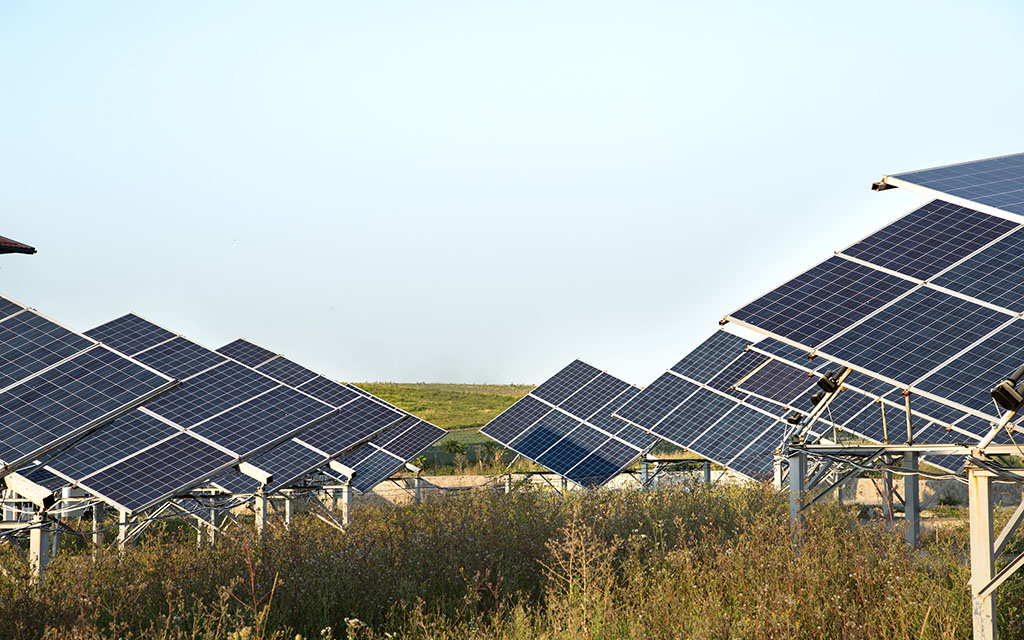How Long Do Solar Panels Really Last? The Truth Revealed
Investing in a solar panel is a smart way to reduce your carbon footprint and save money on energy bills. But how long can you expect your solar panels to last? The answer depends on several factors. Including the type of panels you choose, the quality of installation, and the climate in your area. In this guide, we'll explore the lifespan of solar panels and what you can do to maximize their longevity.
Understanding the lifespan of a solar panel.
A solar panel have an expected lifetime of several decades.but their lifespan can vary depending on several factors. The average lifespan of a solar panel is around 25-30 years. But some panels can last up to 40 years or more with proper maintenance and care. Factors that can impact the lifespan of solar panels include the type of panel, the quality of installation, and the climate in your area. It's important to choose high-quality panels and work with a reputable installer to ensure your panels last as long as possible.
Factors that can impact the lifespan of a solar panel.
While solar panels are designed to last for decades, their lifespan can be impacted by several factors. The type of panel, quality of installation, and climate in your area can all play a role in how long your panels will last. For example, panels made with high-quality materials and installed by experienced professionals are likely to last longer than those made with lower-quality materials and installed by inexperienced installers. Additionally, panels in areas with harsh weather conditions may experience more wear and tear than those in milder climates. It's important to consider these factors when choosing and installing solar panels to ensure they last as long as possible.
Maintenance and care for solar panels.
Proper maintenance and care can also impact the lifespan of your solar panels. Regular cleaning to remove dirt and debris can help ensure optimal performance. Additionally, it's important to have your panels inspected by a professional at least once a year to check for any damage or issues that may need to be addressed. Taking these steps can help extend the lifespan of your solar panels and ensure they continue to provide clean, renewable energy for years to come.
Upgrading and replacing solar panels.
While solar panels are designed to last for many years. There may come a time when you need to upgrade or replace them. This could be due to changes in technology, damage to the panels, or simply the need for more energy production. When considering an upgrade or replacement, it's important to work with a reputable solar panel installer who can help you choose the best options for your specific needs and budget. With proper care and maintenance, your solar panels can continue to provide clean energy for many years to come.
The long-term benefits of investing in solar energy.
Investing in solar energy can provide a range of long-term benefits for both individuals and the environment. By reducing reliance on fossil fuels, solar energy can help to reduce greenhouse gas emissions and combat climate change. Additionally, solar energy can provide a reliable source of energy that is not subject to fluctuations in fuel prices or supply. This can help to stabilize energy costs and provide greater energy security for individuals and businesses alike. Finally, investing in solar energy can help to create jobs and stimulate economic growth in the renewable energy sector.
